

Confession time: I had my first makeout session at nineteen years old, and I didn’t lose my virginity until I was almost twenty-one.
In retrospect, I wouldn’t have had it any other way, but I can assure you that I was anything but proud of my “late bloomer” status back then. Truth be told, I was embarrassed.
I find it funny when I meet people now, especially living here in Europe, and hear their almost-romanticized notions of what being an American high schooler is like. They often assume that I was homecoming queen or at least a cheerleader (which is ridiculous given how uncoordinated I am).
When I explain that I was more like Mena Suvari’s character in American Pie, a straight-A student and choir star, a different picture undoubtedly emerges of what my teenage years were like growing up in a suburb of Minneapolis, Minnesota. I didn’t even get asked to my senior prom, which is practically an American rite of passage.
Don’t get me wrong—I’m so grateful that I experienced what some might consider an innocent youth. This was long before the days of social media, where my weekends were filled with sleepovers at friends’ houses re-watching Sex and the City DVDs or hanging out at our local TGI Fridays and swooning over the cute waiters (yes, that was the “cool spot” to be back in 1999).
While one might assume that going to university would have immediately unleashed my inner wild child, my first few years of college were admittedly tame. Although I joined my sister’s sorority, started socially drinking for the first time, and established a close group of friends, I stayed a virgin until my junior year.
It wasn’t until I studied abroad for a semester in London, England, and met my first love, a handsome Australian who was seven years older than me and vastly more experienced in the sex department, that I became a changed woman (in more ways than one).
As a self-professed late bloomer, not only sexually but also personally, what have I learned along the way that’s been more of a blessing than a curse? Let me count the ways.
My time in London set about a dramatic shift, whereby I promptly decided that an eventual life in Europe was for me, and I wouldn’t settle for anything less. This meant going against the grain, so to speak, in terms of what so many of my friends from high school and university ended up doing. Instead of settling down at twenty-seven or twenty-eight, having kids, and putting down roots somewhere close to home, I chose to get my master’s degree in London at the age of twenty-five, and at twenty-seven, I moved to Stockholm, Sweden, after accepting a copywriting position at a brand agency.
So as a self-professed late bloomer, not only sexually but also personally, what have I learned along the way that’s been more of a blessing than a curse? Let me count the ways.
Dating is easier to navigate
I’m a firm believer that those of us who hit our sexual stride later in life are often more self-aware and, therefore, better at forging and maintaining romantic relationships. Watching my friends navigate the dating world long before I did helped me to recognize what I wanted and consequently didn’t want.
This isn’t to suggest that dating has always been smooth sailing for me; instead, all those years spent solo allowed me to become more selective about my potential partners. I also realized that being single gave me the unique opportunity to discover who I was and develop my personality accordingly, without a boyfriend influencing those parts of me.
I am eternally grateful for this since it taught me self-love and acceptance, two things that a healthy relationship needs to flourish—from both sides. I think it’s also worth mentioning here that being a late bloomer, in my experience, tends to make you quite humble. When you spend your formative years without feeling desirable, like I did, I find that compliments go a long way and aren’t taken lightly.
Romantic milestones don’t matter
While I’m thrilled for my friends who settled down earlier than I did, I never once saw myself needing to march to that same marriage drum. I was far more concerned with forging a life for myself, even if that meant I did it alone.
I’ve often said to my single friends, “Wouldn’t it be boring if we all met our life partner at the same time?” This is my personal philosophy when it comes to the idea of romantic milestones.
I never once saw myself needing to march to that same marriage drum. I was far more concerned with forging a life for myself, even if that meant I did it alone.
In my opinion, these milestones are often self-imposed and can be detrimental to our well-being. Just because someone reaches a milestone earlier in life (e.g., marriage or kids) doesn’t mean you won’t get there too, if a particular milestone is something you even want for yourself. Why is it that we always end up comparing ourselves to what others are doing? It may be the human condition, but I’ve found it only breeds discontent.
Case in point: I got married last summer at the age of thirty-six to my husband, who is forty-two. Both of us had never been married before, and we both openly say how happy we are to have waited for the right person to come along, rather than get married to someone just because it felt like it was “time” to do so.
Being a late bloomer taught me to accept that we’re all at different speeds, especially romantically, and that’s the beauty of it.
Life doesn’t end at forty
How many of us have forgone our real passions in life for the sake of a stable paycheck or lucrative career? Because our Western world is so consumed with early achievement, it’s no surprise why we feel dissuaded from pursuing what really makes us tick.
While I can use the infamous example of Julia Child taking up the art of cooking professionally at forty, I think late bloomers tend to realize that age should never deter you from pursuing your passions, whatever they may be.
The author Rich Karlgaard, who wrote Late Bloomers: The Power of Patience in a World Obsessed with Early Achievement, suggests that the best time to take on new ambitions is between the ages of forty to sixty-four. While his book features a mix of interviews with neuroscientists, scientific research, and personal stories, the point he makes is clear—that blooming later in life allows us to reach our full potential. Now that’s a reason to embrace getting older.
If you consider yourself a late bloomer, take a moment to look at everything you’ve gone through in your life up until now and recognize how each and every misstep or missed opportunity has led you to where you are today.
OK, so you might not have been the most popular kid in high school or landed your dream career at twenty-five, but you can now own who you are, accept your personal timeline, and feel proud for continuing to live life your way.


As a born-and-bred American who now resides in Germany, Erin is a freelance writer with over 10 years of copywriting experience from her time in Stockholm, Sweden, and New York City. A self-professed storyteller with a serious case of wanderlust, she has a penchant for all things fashion, film, food, and travel.
BY Erin Huebscher - April 6, 2021
Most-read posts:
Did you know W&D now has a resource library of Printable Art, Templates, Freebies, and more?
take me there
Get Our Best W&D Resources
for designing a life well-lived




Thank you for being here. For being open to enjoying life’s simple pleasures and looking inward to understand yourself, your neighbors, and your fellow humans! I’m looking forward to chatting with you.
Hi, I'm Kate. Welcome to my happy place.






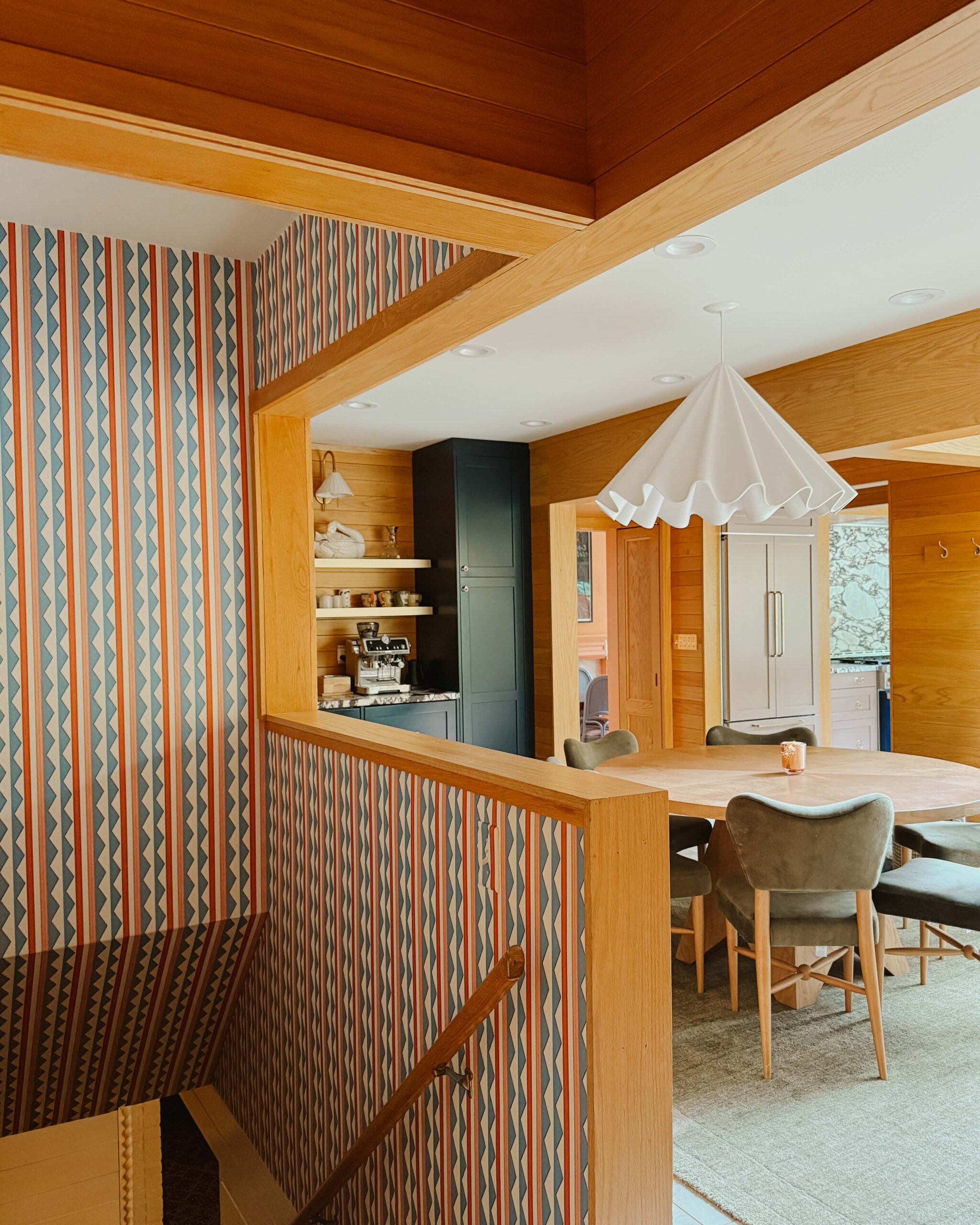
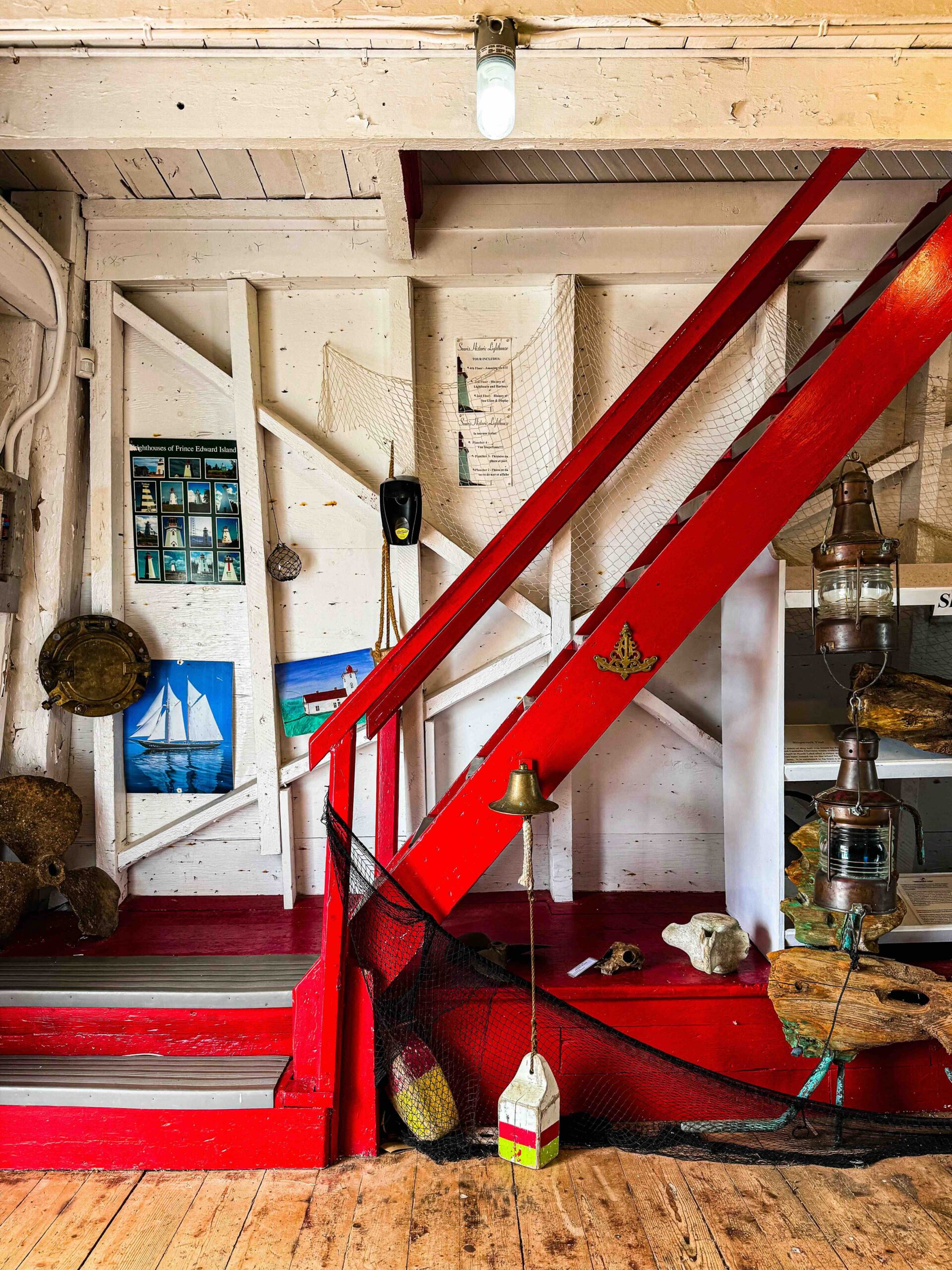
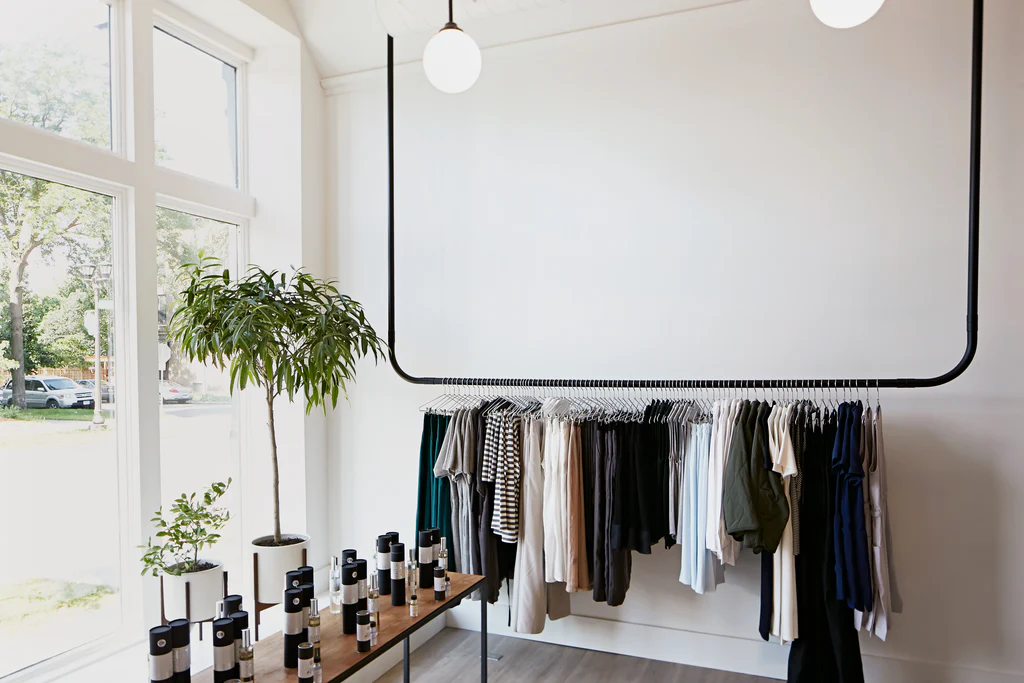
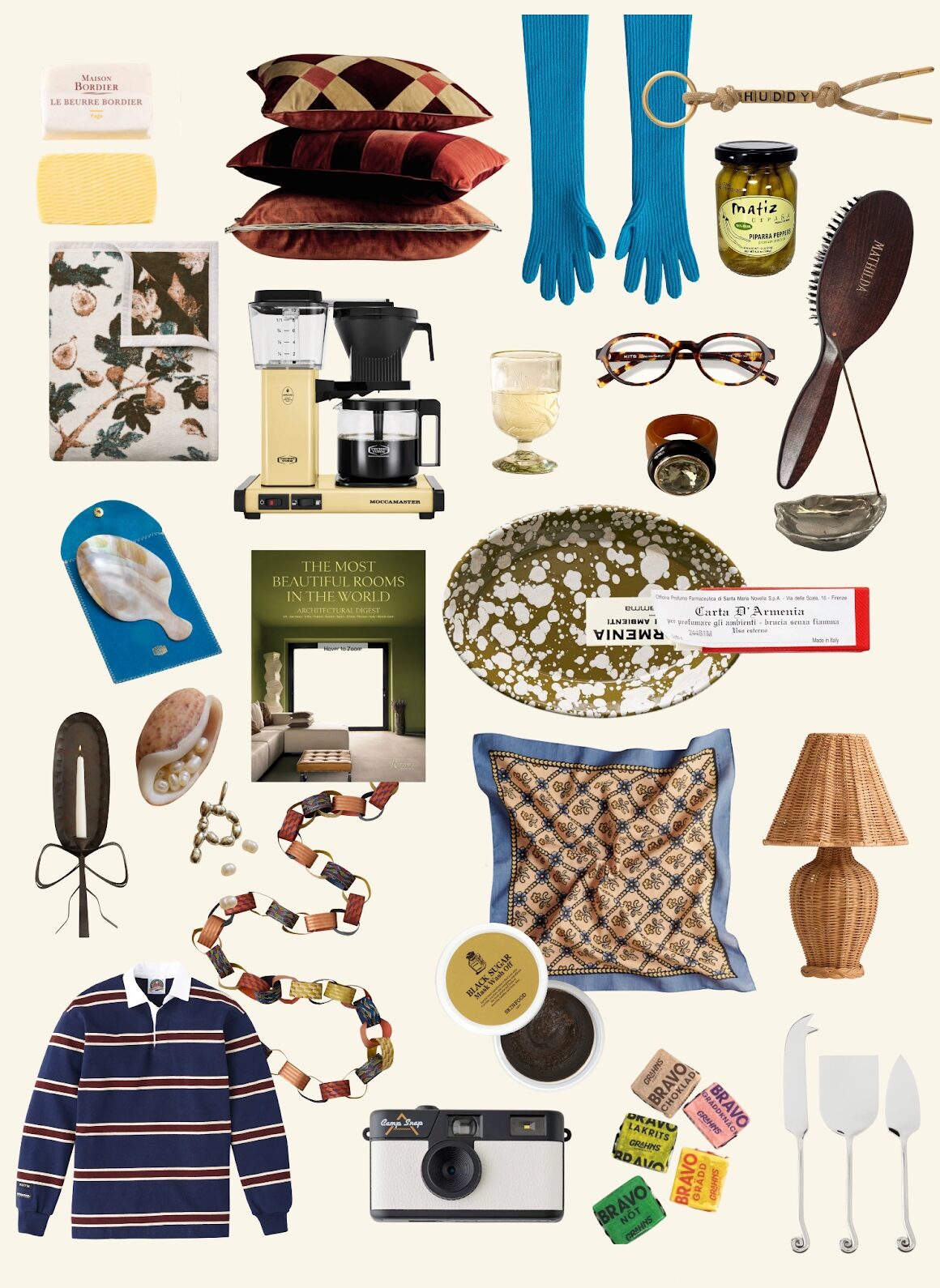

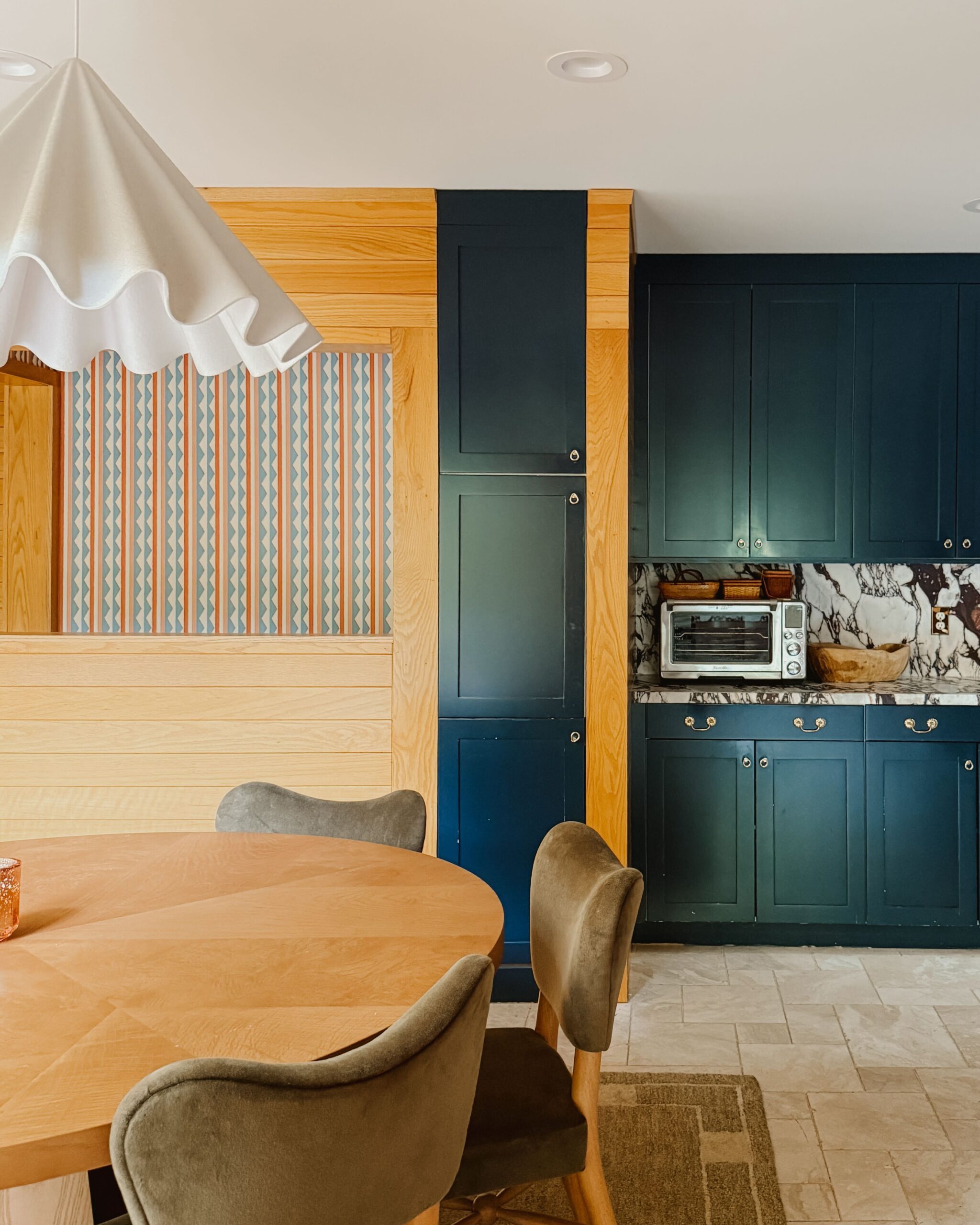

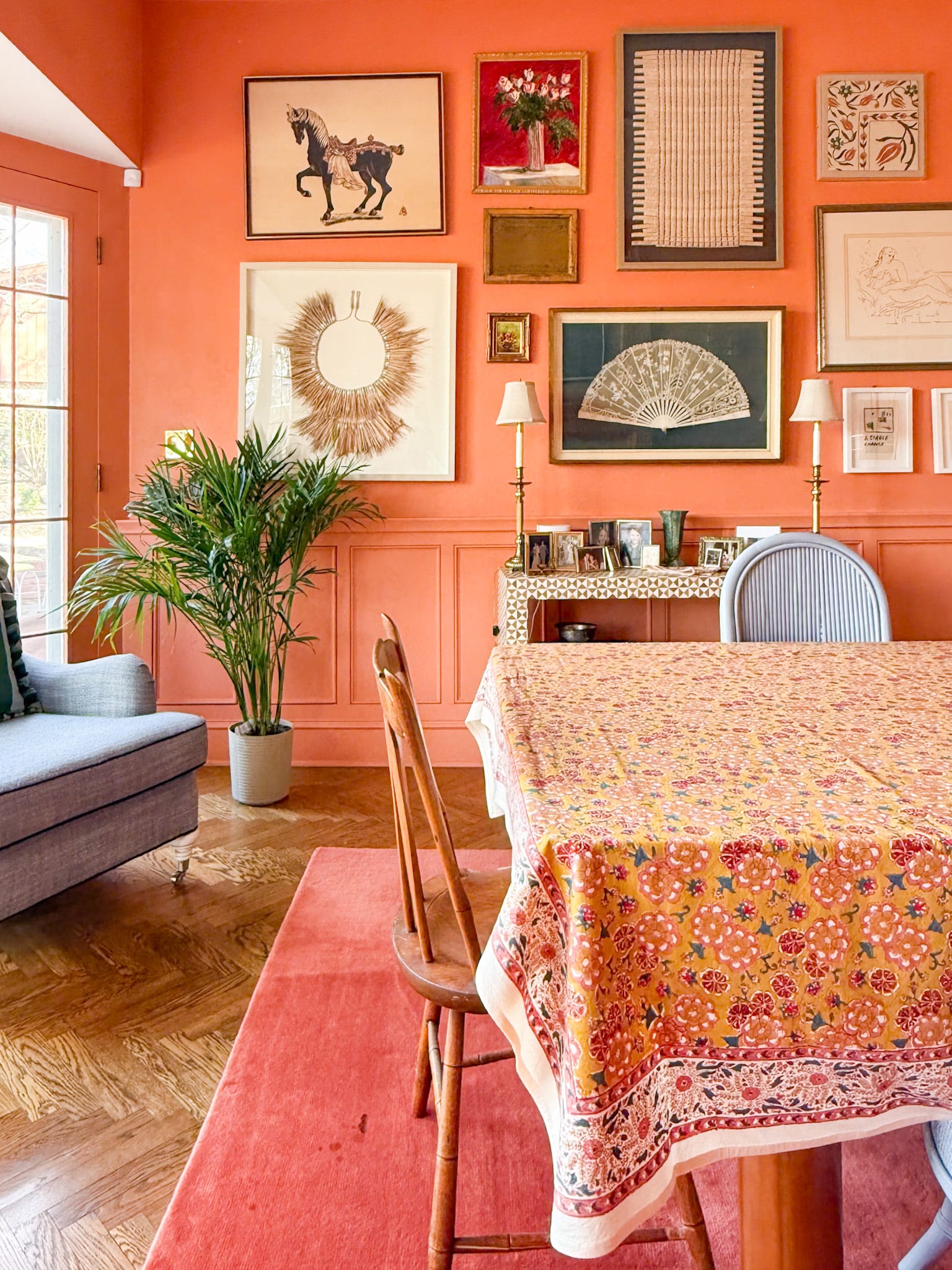




I’m a late bloomer, too– in a lot of realms. One of the more fun ones has been recreational drugs! I’m not a heavy user, but I didn’t even try weed until my late 20s. I’m a lot more cautious and careful about where I source from as well as my surroundings. I get to be adventurous AND safe! Score one for the late bloomers!